Industry in China monitor employees' brain activities for efficiency and safety
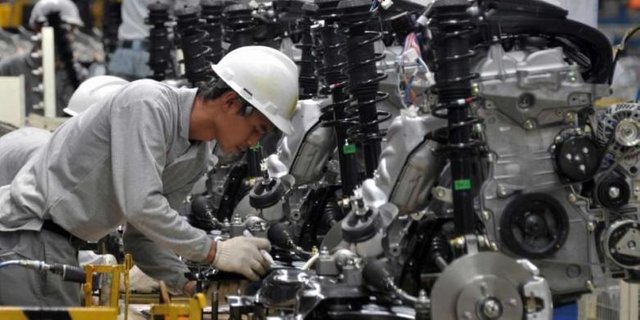
Seen at a glance, the activities in the assembly line of electronic equipment factory "Hangzhou Zhongheng" in China looks mediocre. The workers were dressed in uniforms, but the difference was that they wore special hats that monitored their brain activity.
According to a daily report 'South China Morning Post' published in Hong Kong, the data captured by the hat is forwarded to a computer that records any brain waves that are considered abnormal. These abnormal brain waves indicate that the worker concerned may be in a state of stress, thus disrupting the speed and accuracy of his work.
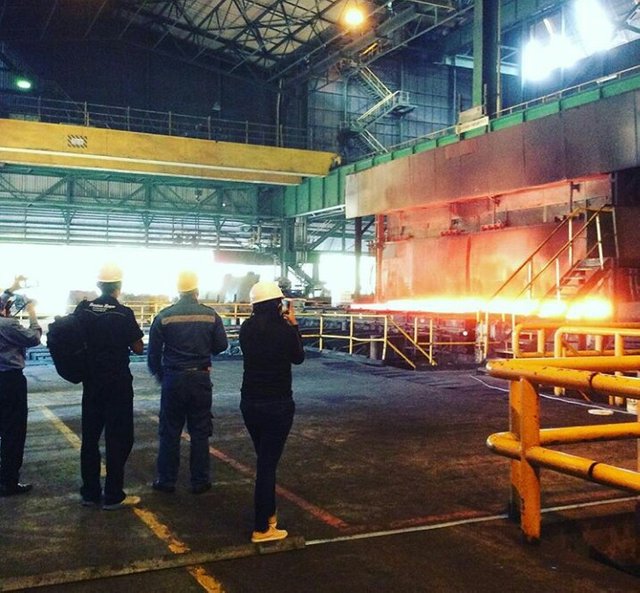
The superintendent at the factory can call the worker and send him or her a day or two of rest, because of the mental disorder caused by stress, can disrupt the speed of work and the quality of the goods produced.
According to the South China Morning Post report, although this technology is already available in many parts of the world, China is a country that has been exploiting it heavily in the field of industry.
In addition to targeting stress-affected workers, the factory supervisor can also slow or accelerate the movement of the conveyor belt that carries parts of electronic equipment to be assembled, in accordance with the employee's skill.
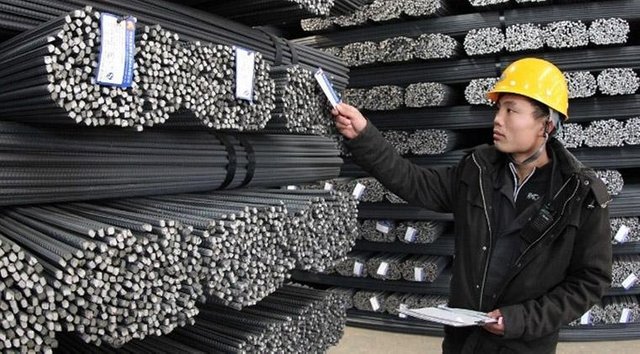
The same technology is also being used at the "Zhejiang Electric Power" power station reported to have increased profits to 315 million dollars since 2014.
Officials overseeing work at the power plant and its distribution network, Cheng Jingzhou, said the brainwave monitoring technology has obviously brought huge profits and increased job security.
By monitoring its 40,000 workers, the power companies can run their jobs more efficiently and safely.
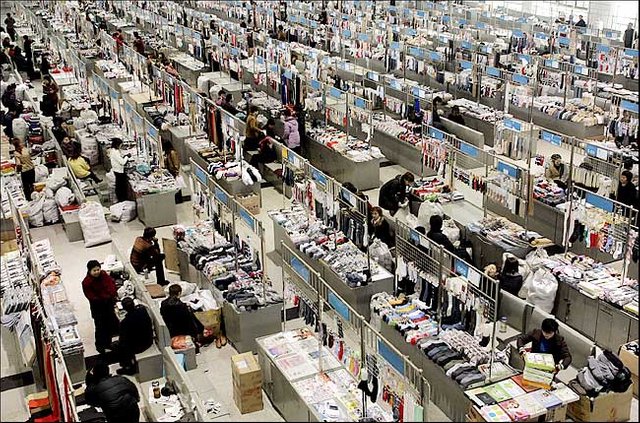
One of the research centers on brainwave utilization is 'Neuro Cap' funded by the Chinese government, and is located at Ningbo University.
Said Jin Jian, professor of brain science and cognitive psychology at the University of Ningbo, a highly emotional worker can hamper the pace of production, and may even harm other workers.
"There are jobs that require high concentration, and the worker concerned should not make mistakes," said Jin Jia.
At first, the workers were suspicious and alarmed when told to wear the special hat, "but after a while, they got used to it and now they wear it all day while working."

Technology applications are also in hospitals, where doctors and nurses can quickly anticipate the behavior of patients before they do anything harmful. In addition to using a special cap that monitors brain waves, a special camera mounted near the patient can also capture facial expressions and measure body temperature.
Professor Zheng Xingwu, who works at China's Civil Aviation University, said the country may be the first in the world to use brainwave monitoring on its aircraft pilots.
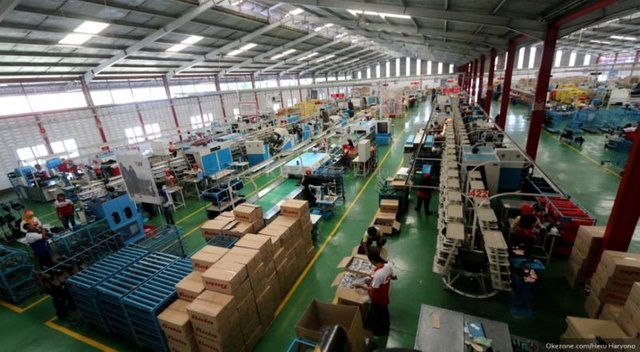
Wearing the special hat before take-off, the safety officer at the control tower could see if the pilot was fit and healthy enough to fly the plane.
While sophisticated technology can make businesses more competitive and secure, there are concerns that the technology can be used by governments or business owners to "read" what is in the brains of workers.
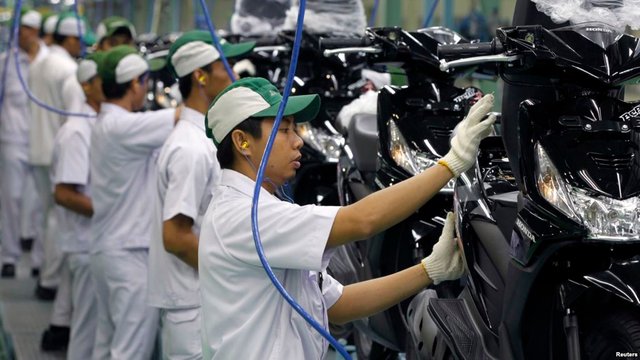
It reminds people of George Orwell's famous book entitled "1984".
In the book published in 1949, Orwell describes a society so tightly controlled by the government that there are so-called "Thought Police" or police who monitor the brain activity of each citizen to anticipate what actions or steps he might take in the future. Residents can be punished for "thoughtcrime" or plan to commit crimes, criminal or political.
I will upvote and resteem your last blog post to my 36,000+ followers for free if you reply to this comment. Follow @a-0-0